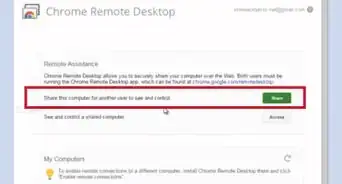This article is based on an expert interview with Alan Mehdiani, CPA, conducted by wikiHow Staff Editors. Alan Mehdiani is a certified public accountant and the CEO of Mehdiani Financial Management, based in the Los Angeles, California metro area. With over 15 years of experience in financial and wealth management, Alan has experience in accounting and taxation, business formation, financial planning and investments, and real estate and business sales. Alan holds a BA in Business Economics and Accounting from the University of California, Los Angeles.
This article has been viewed 4,224 times.
Some types of retirement accounts are taxable while others are tax-free, which can make determining the best way to invest and save your money a little confusing. Fortunately, in this video accountant Alan Mehdiani explains which types of retirement accounts are taxable and breaks down how each type of account works.
Key Takeaways
- Traditional IRAs and 401(k)s are fully taxable when you take distributions from them upon retirement.
- Roth IRAs and Roth 401(k)s are not taxable when you take distributions from them upon retirement age.
Video Transcript
There are traditional IRAs and 401(k)s, which are fully taxable when you take distributions from them. So if you're taking distributions from your traditional IRA, you're going to pay tax on the full amount, which includes the principal and any growth. However, if you've been also putting money into your Roth accounts, like Roth IRAs or Roth 401(k)s, those distributions are not going to be taxable when you take distributions upon retirement age. With Roth accounts, you're not getting a deduction when you make the contribution originally. However, now the growth on these Roth accounts is tax free, the principle you've already paid taxes on, and so now you're going to take a distribution in retirement and not have to pay taxes on any of that. Whereas with the traditional accounts, like if you had a 401(k) or a traditional IRA through your employer, and you were making contributions, you were getting a tax break then. You were getting a deduction. So you weren't paying taxes on the amounts that you were contributing to these accounts. But now upon retirement, you're taking a distribution, and you're going to have to pay tax on the entire distribution amount plus any gains.




























































